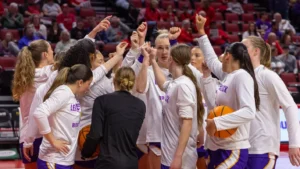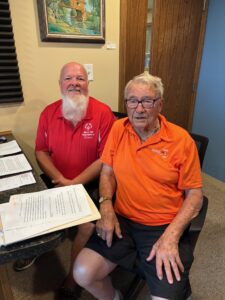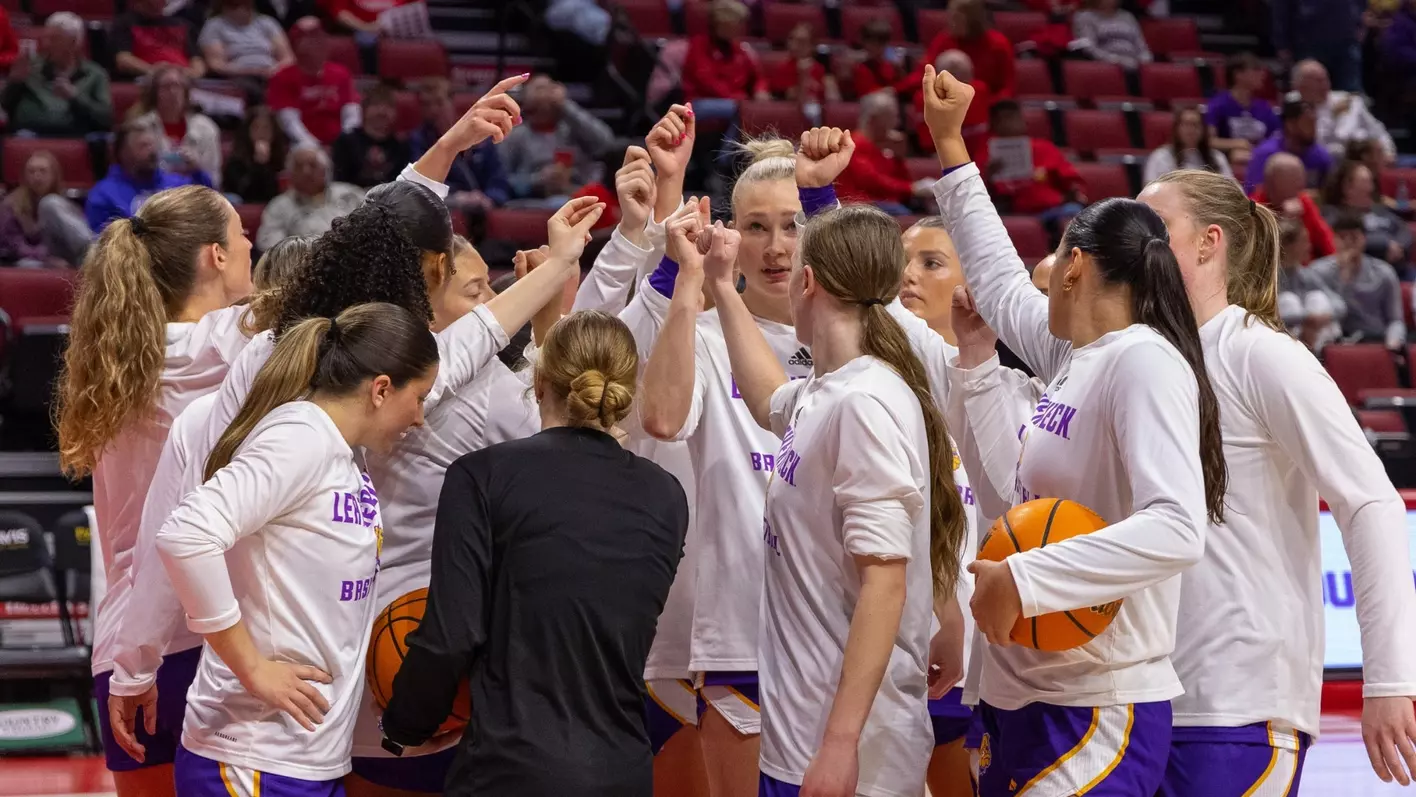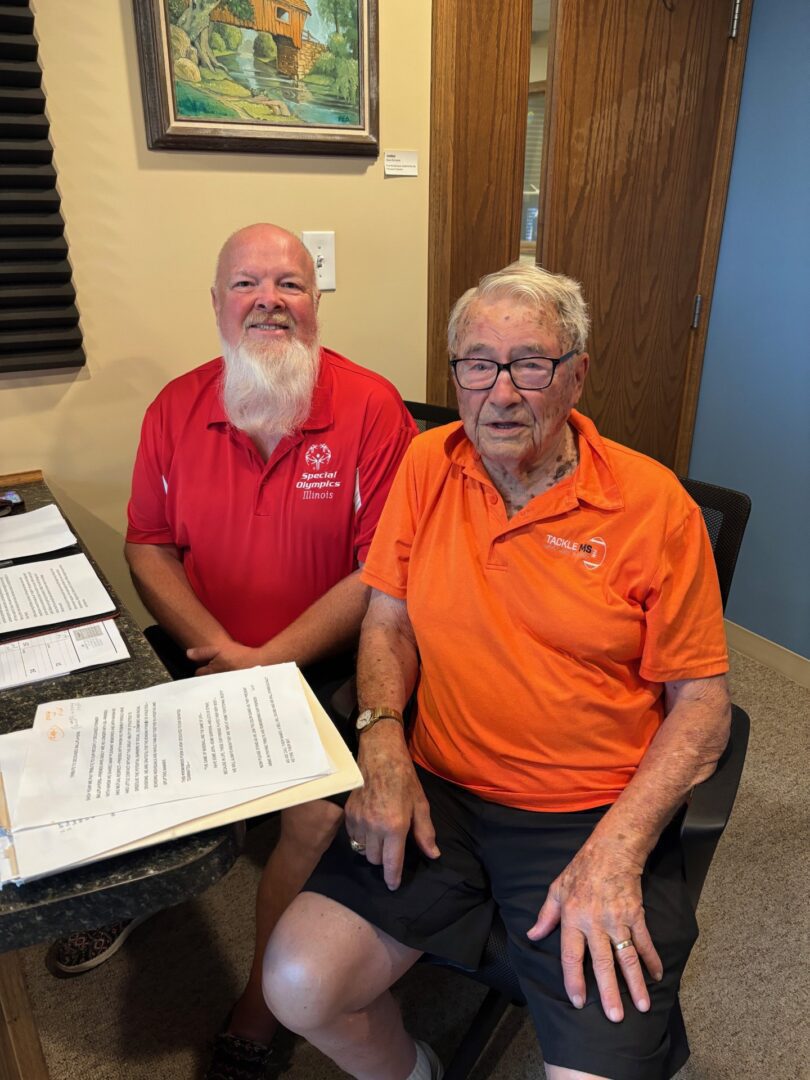A group of about 40 participants in a recent training session at the OSF HealthCare Athletic Training Center at Illinois State University braved high humidity in the domed field to get a refresher on emergency procedures for medical emergencies during high school practices or sporting events.
As part of a collaboration, athletic trainers from ISU and OSF HealthCare gave high school trainers and master’s degree students from ISU’s Athletic Training program a refresher on critical skills. The timing was planned to be aligned with the start of practices and the Illinois High School Athletic Association (IHSA) sports season on August 11.
Joe Whitson, former athletic trainer and OSF HealthCare manager of the office that provides physician athletic trainers, says they simulated some of the most common conditions trainers see on the field.
“We had various stations going on, whether it was splinting and spine boarding, treatment of the spine-injured athlete. Dr. Rai, one of our sports medicine physicians, was here as well to help supervise. He was here giving pointers, walking around the stations, also working with our athletic trainers, giving them pointers and tips on skills that they can utilize out in the clinical field.”
OSF provides athletic trainers to seven local high schools, which were represented in the training. Whitson says the training helped reinforce how to identify symptoms of various conditions.
“Hitting tips on hydration, hitting tips on how to recognize the difference between sickle cell anemia, heat stroke and rhabdomyolysis. Unfortunately, with the increase in high school participation, high school athletes participating in sports, obviously, the incidence of these types of episodes are increasing as well.”
Rhabdomyolysis is a serious condition where damaged muscle tissue breaks down, releasing its contents into the bloodstream.
Whitson says every year there are headlines of student athletes who have issues and are admitted to the hospital due to some of these conditions, so it was important to go over related symptoms and emergency procedures, not only to know how to respond, but also how to prevent medical emergencies.
High school athletes want to perform at their highest level, and in many cases, they’re pushing for a college scholarship, so Whitson says it’s important for coaches to have support from medically trained professionals.
“That’s really a benefit that we’ve been able to provide here at OSF within the community, to be able to have those athletic trainers as resources, so that the coaches at all of our high schools have a resource to be able to lean on that’s clinically and medically trained to be able to handle those types of situations.”
The training emphasized communication as participants switched off playing roles, serving either as the lead practitioner, a medical assistant or the athlete. The training even highlighted infant CPR in case of a situation that might occur in stands.
Whitson stresses the IHSA has put safety standards into place to prevent injuries and medical emergencies and he says athletic trainers provide education around those protocols.
“The athletic directors obviously are in charge and kind of house enforcement of some of those things for student athlete safety. And that’s the great thing where these athletic trainers from OSF, are able to come in and be able to educate the athletic directors, the student athletes, the coaches, and give those speaking points that are critical to be able to take care of them.”
ISU’s athletic training department has been hosting emergency training events for several years to make sure its staff is ready to handle emergencies that arise. This year, under a new collaboration with OSF HealthCare, it was the first time it was open to other community members.
***Courtesy of OSF HealthCare***















